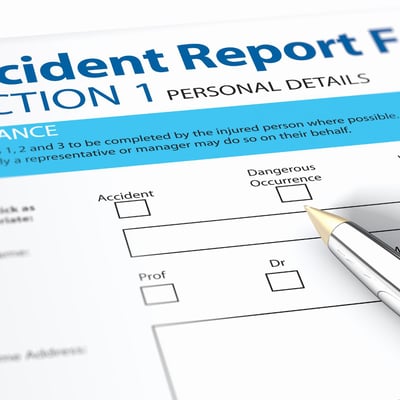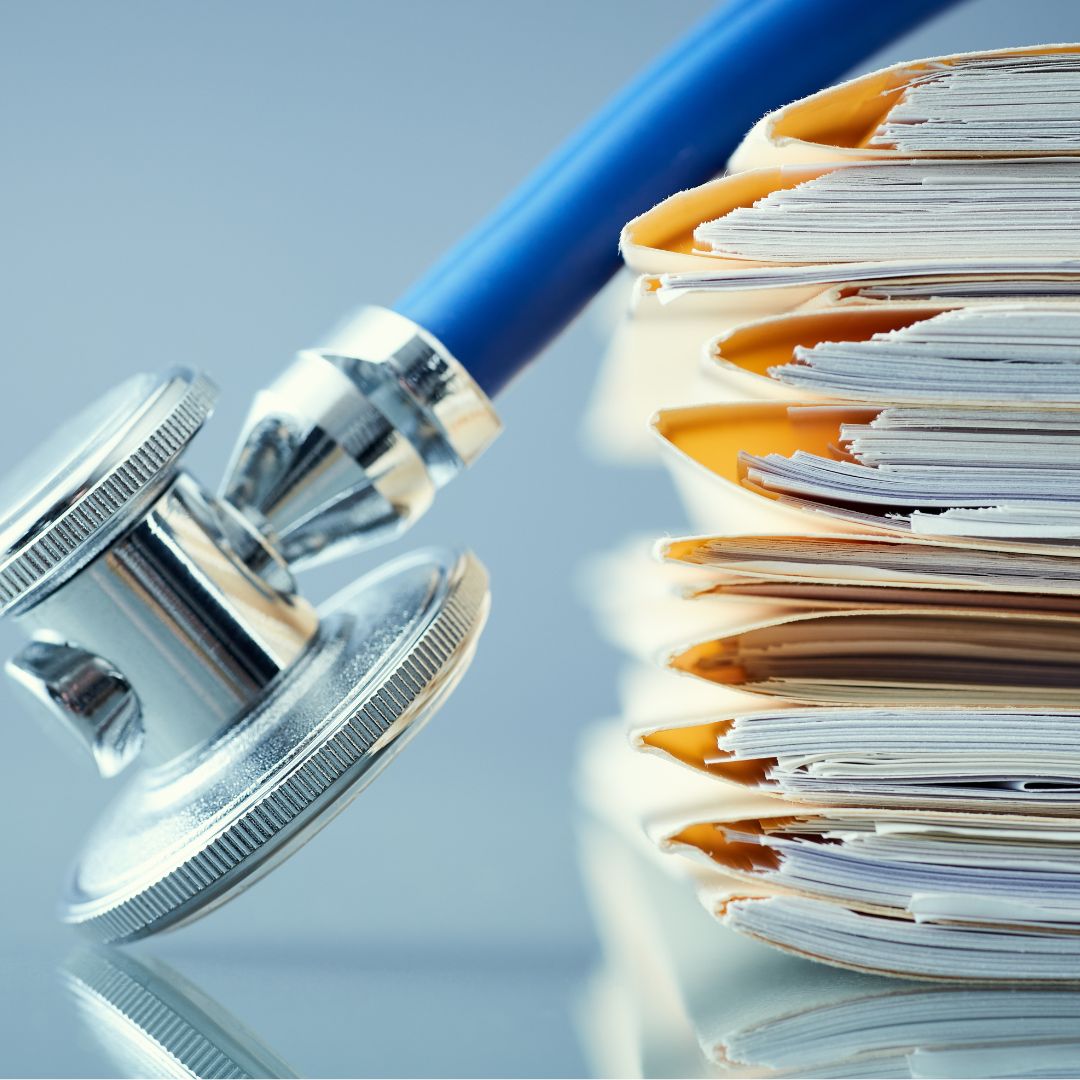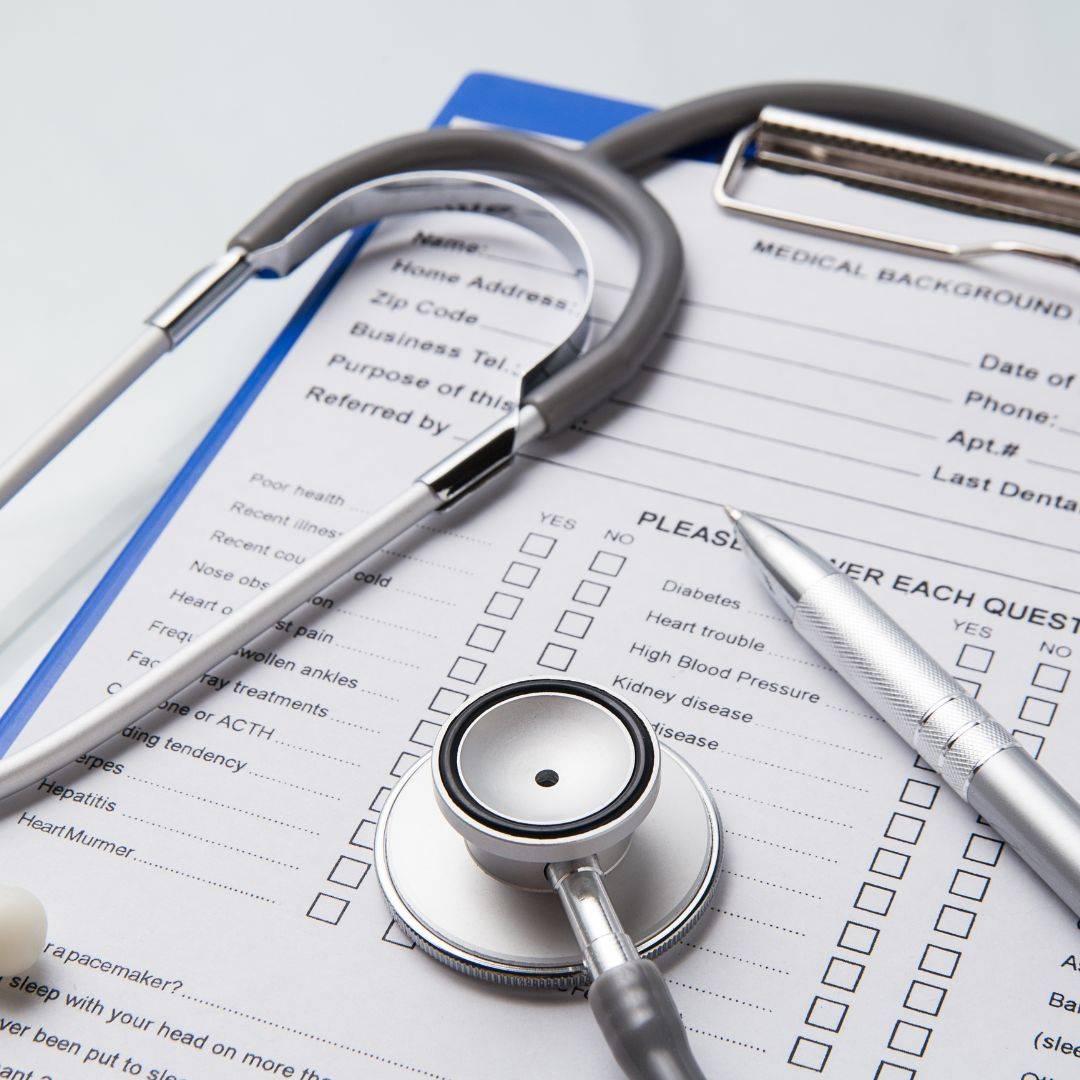Evidence can make or break your personal injury case. It is used to prove liability and show that your injuries were directly caused by the negligent person’s actions or inactions. Without evidence, you cannot hold the other party financially responsible for your medical bills, lost wages, pain and suffering, or other damages.
An experienced personal injury attorney can help you gather evidence for your personal injury claim and make sure you have the documentation you need to prove how the injury occurred, the extent of your damages, and the amount of compensation you deserve.
The Role of Evidence in Personal Injury Claims

In personal injury cases, the injured party (the plaintiff) has the burden of proving that the negligence of the other party (the defendant) directly resulted in harm. As the victim, you must use evidence to establish the legal elements of negligence:
- Duty of care
- Breach of duty
- Causation
- Damages
You and your attorney must prove negligence occurred during the incident through clear, extensive evidence.
8 Common Types of Personal Injury Claim Evidence

Personal injury claim evidence can take many forms. Depending on the unique circumstances of your case, your attorney will determine what forms of evidence to gather as well as how to use the evidence to support your claim.
The following list includes common forms of evidence used to support personal injury claims.
1. Medical Records
Hospital records, laboratory reports, doctor’s notes, blood work, scans, rehabilitation records, and other types of medical documentation are critically important pieces of evidence in a personal injury case. These records detail the extent of your injuries and establish a link from your damages to the accident. In more serious cases, they can also show the long-term impact of your injuries or document permanent disability.
2. Pain Journals
A documentation of your daily pain is an excellent way to show how your injuries impact your day-to-day activities as well as describe your levels of pain and suffering. This journal should include a detailed description of the accident or injury (everything you can remember) as well as a record of your pain and injuries as you recover in the days, weeks, and months following the incident.
3. Employment & Income Records
In many personal injury cases, you may be entitled to compensation for lost wages, benefits or income as a result of your injuries. Employment and income records will prove the financial damages you have endured due to the accident.
4. Photographs & Videos
Photographs and videos can be compelling evidence in personal injury cases. Take photos and videos of the accident scene, your injuries, and any property damage sustained as well as details like the weather at the time of the incident.
5. Accident Reports
Car accidents, dog bites, and other types of personal injury cases are usually reported to law enforcement agencies. In these circumstances, it is likely that the police created a report of the incident. These accident reports generally include an account of the accident as well as witness testimonies, police observations, and statements from both parties, making them an invaluable type of personal injury claim evidence.
6. Expert Testimonies
Expert witnesses are specialists who can provide insight on the accident scene, your injuries, the cause of the damages, the level of negligence, or even the amount of compensation you are entitled to. Your attorney may work with specialists like medical professionals, financial professionals, accident reconstructionists, and others to gather testimonies that support your personal injury claim.
7. Defective Products
If your injuries were the result of a defective product, the product itself is a crucial piece of evidence in your personal injury claim. Keep the product in its post-accident state as well as any packaging, receipts, instruction manuals, or other documentation that can provide additional context to your case.
8. Witness Statements
Statements from eyewitnesses bring an important perspective to your personal injury case. They can strengthen your case by corroborating your testimony and evidence. However, as the reliability of witness testimonies can be influenced by factors outside of your control, they are usually used in conjunction with other forms of physical evidence or documentation to bolster a personal injury claim.
Contact an Experienced Chicago Personal Injury Attorney Today

If you or a loved one have been injured as a result of someone else’s negligence, contact the experienced personal injury attorneys at Vasilatos Injury Law. We have represented hundreds of personal injury clients and obtained millions of dollars in awards for our clients in Chicago and across Illinois.
Our personal injury attorneys have experience in all aspects of personal injury law, and we are dedicated to helping our clients get the best possible compensation. Regardless of the nature of your case, you can rely on us to guide you toward a favorable outcome for you and your family.
Contact us today to schedule a free consultation.




Leave a Comment